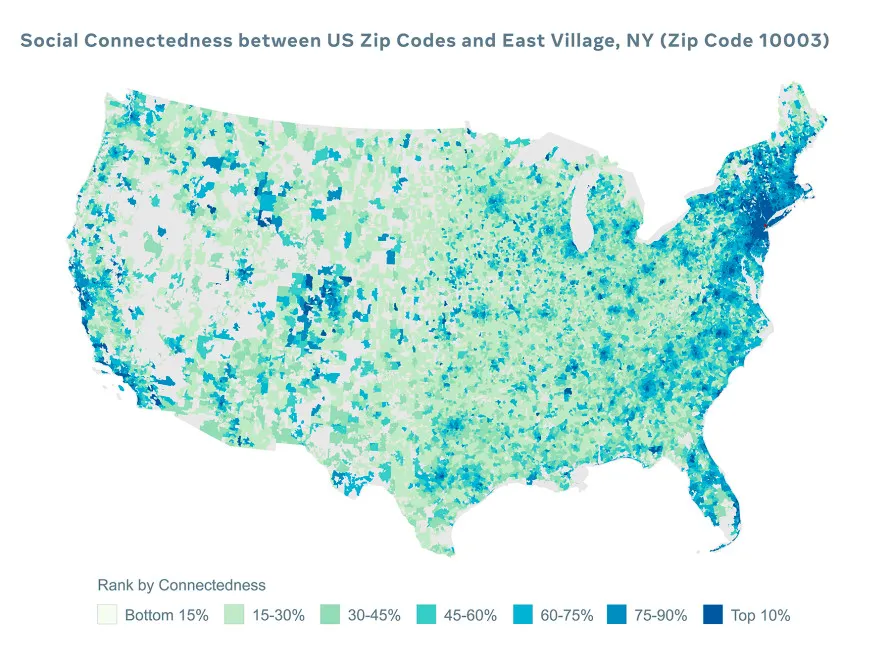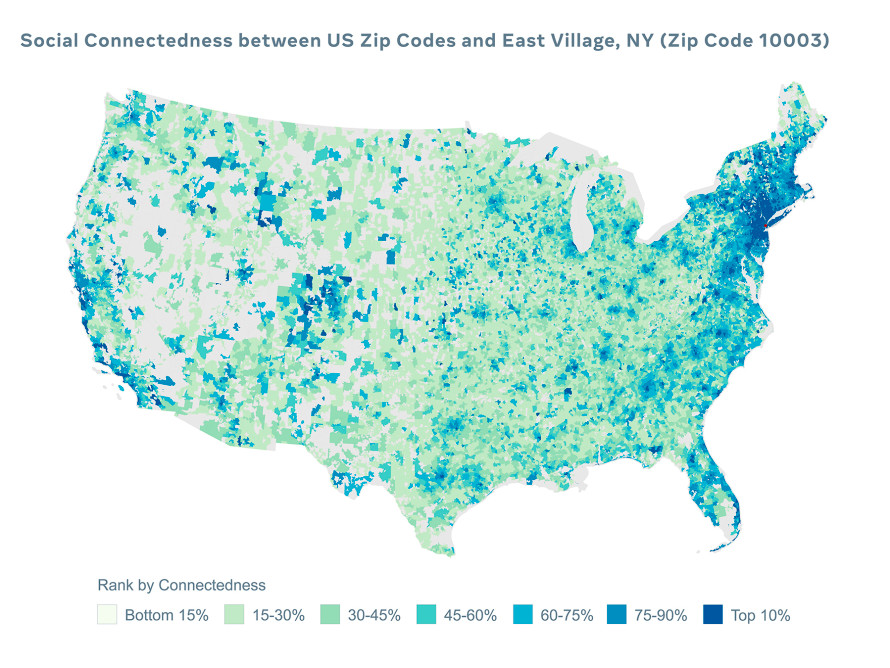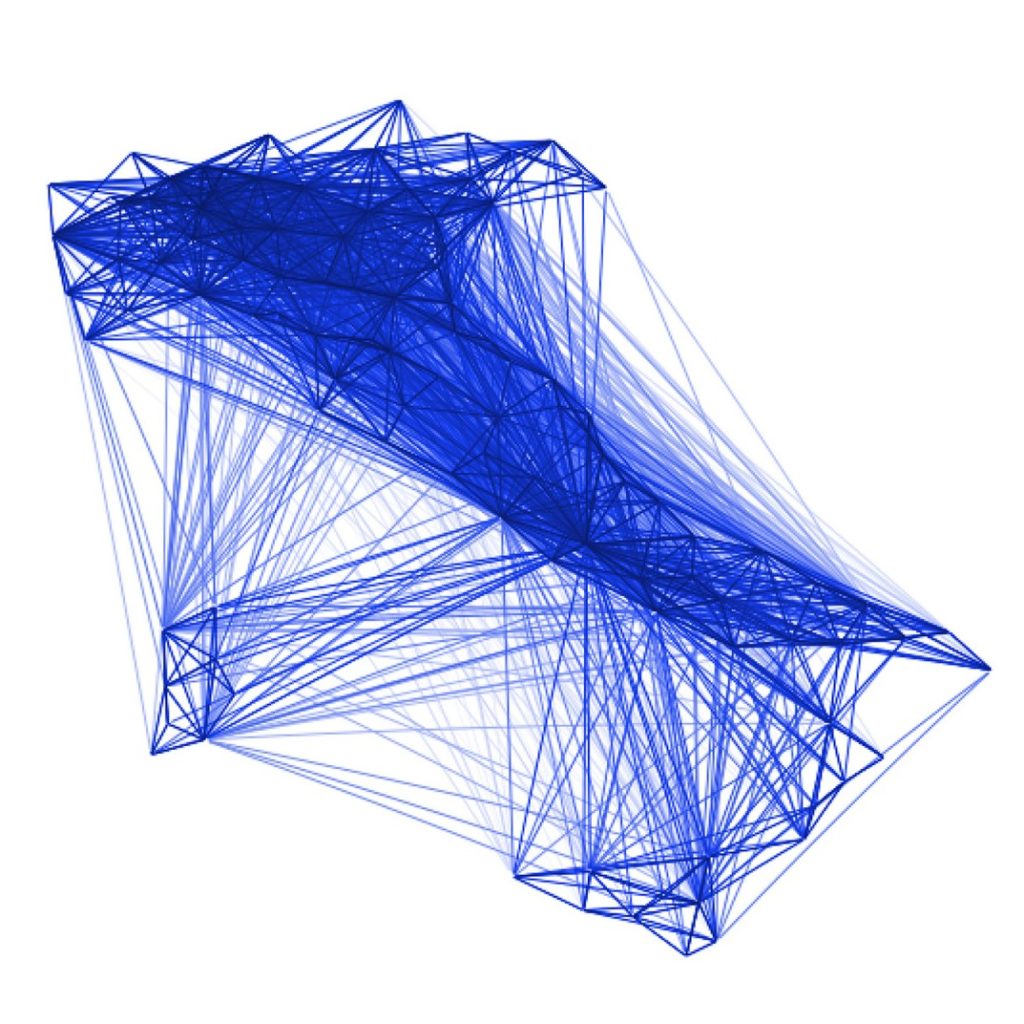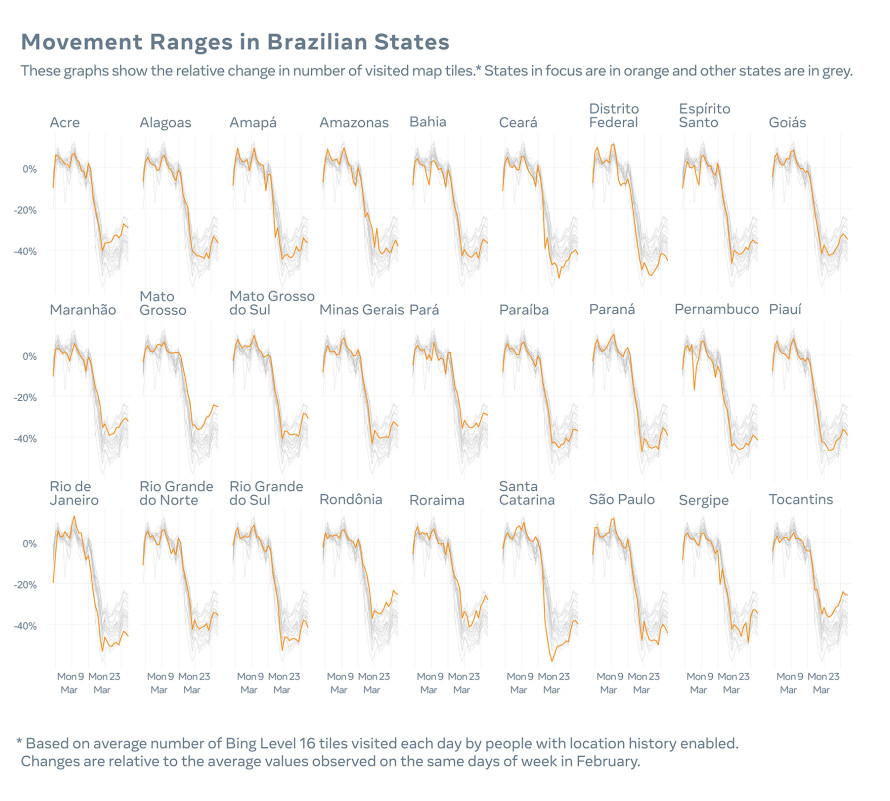

How can earth observation data help with monitoring and mitigating the impacts of the deadly coronavirus outbreak on society? The European Space Agency (ESA), in coordination with the European Commission, is calling on remote sensing experts, machine learning scientists, and even ordinary citizens, to explore how satellite data could help ease the COVID-19 crisis for economic sectors such as industry, commerce, transport, and agriculture.
With the novel coronavirus virtually bringing the entire planet to its knees, ESA is well aware that industries around the world will continue to face huge challenges in getting back to ‘normal’ even after public health agencies have succeeded in flattening the curve and halting the spread of this highly infectious disease. Therefore, the intergovernmental organization has announced a new contest focusing on the support of space assets to alleviate the effects of this pandemic situation.
 ESA’s Custom Script Contest will focus on the following three categories:
ESA’s Custom Script Contest will focus on the following three categories:
- Economic Operators’ Activity(such as factories, supermarkets, transport networks, oil refineries, commercial ports)
- Human Activity Distribution(for example, parked car distributions over urban areas, social distancing estimations, etc.)
- Agriculture Activity(think unattended fields and crops, disruptions due to supply chain issues, or things that may contribute to the mitigation of problems appearing in 6 months from now)
The focus geographical area for this contest is the European Union, EEA, ESA member states, and cooperating states.
ESA will reward the best contributions with 1000€ cash prizes every week. There will also be 1000€ prizes for the best idea in each category every month and a final prize of 5000€ for the best overall contribution.
Participating in the contest is as simple as composing a set of slides presenting the ideas that would leverage satellite data, tools, and machine learning technologies. ESA has even made a plethora of Euro Data Cube Tools ready to be used for this purpose – starting from EO Browser, Sentinel Hub and xcube services, eo-learn, Jupyter Notebooks, and more. Basically, something for any skill level and every analysis.
So, if you are a self-taught remote sensing enthusiast, you could check the data, play with it, come up with an idea, compile a presentation and send it through. Providing a script or source code is not a compulsion. Similarly, EO experts can use the various tools made available by ESA to perform a detailed analysis and demonstrate the patterns. An idea for machine learning experts, meanwhile, could be to model agriculture activities and identify potentially abandoned areas, that may result in reduced yields in the harvest seasons.
There is no doubt that COVID-19 is putting society under huge strain. And while ESA may not be really placed to help forecast the progression of the virus, Josef Aschbacher, ESA’s Director of Earth Observation Programmes, acknowledges that the agency certainly continues to have a wealth of data streaming back to it from some of the most sophisticated satellites ever built as well as new artificial intelligence technologies that can be used to understand and monitor some of the societal shifts. “Innovation is key to using satellite data to help serve society during these challenging times,” he says.
The contest is open until May 31, 2020, but the urgency of the situation calls that you contribute to this humankind challenge right away – while staying home and healthy.










